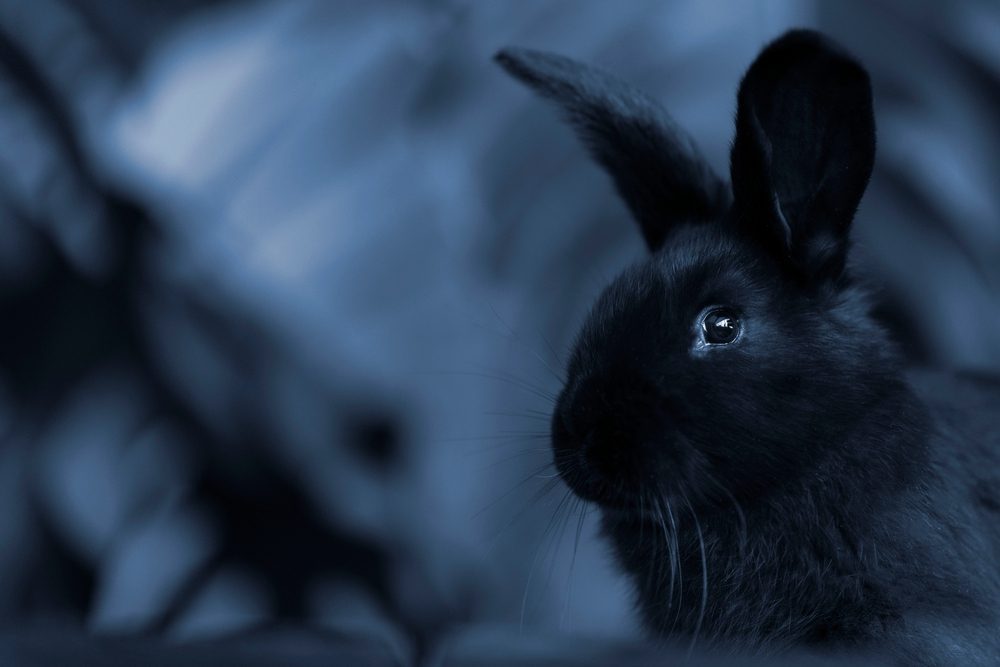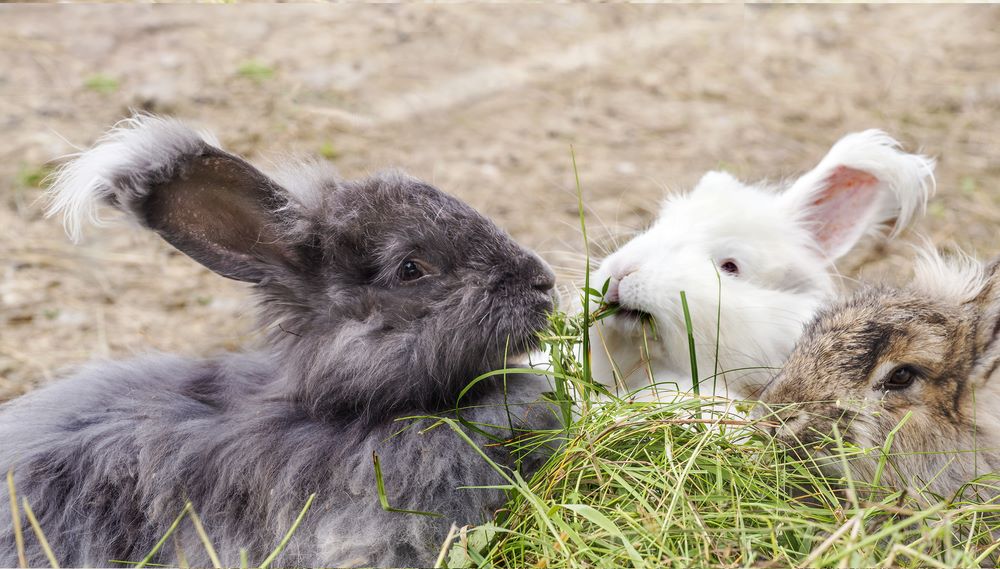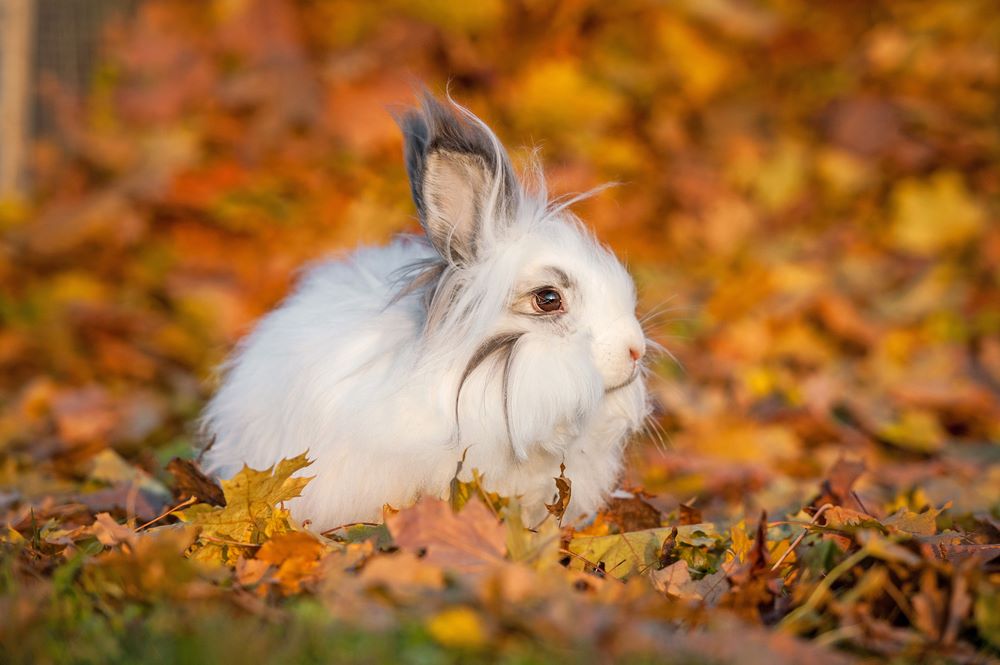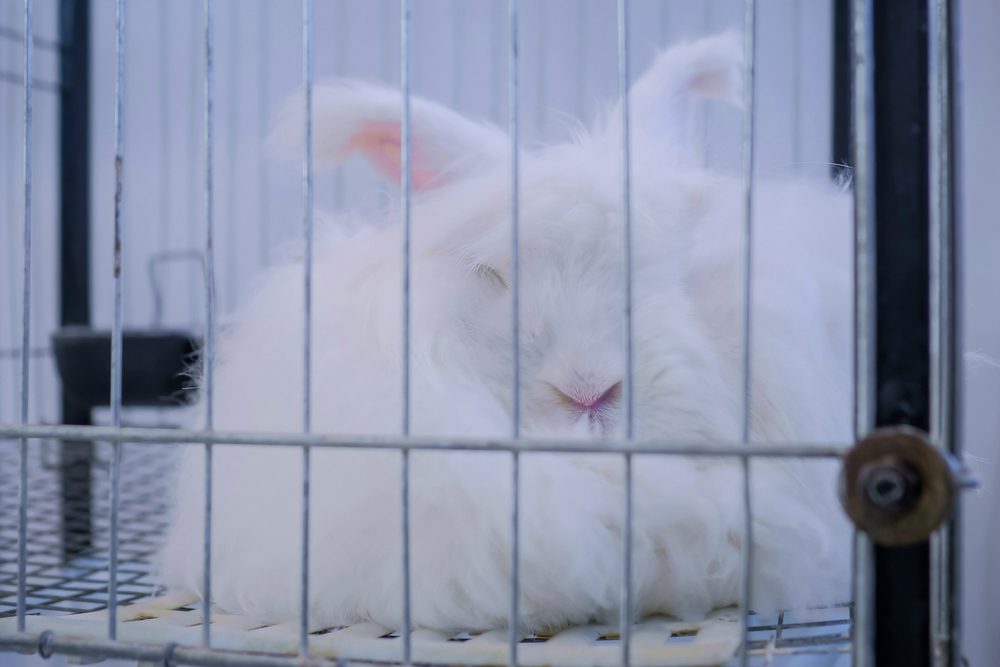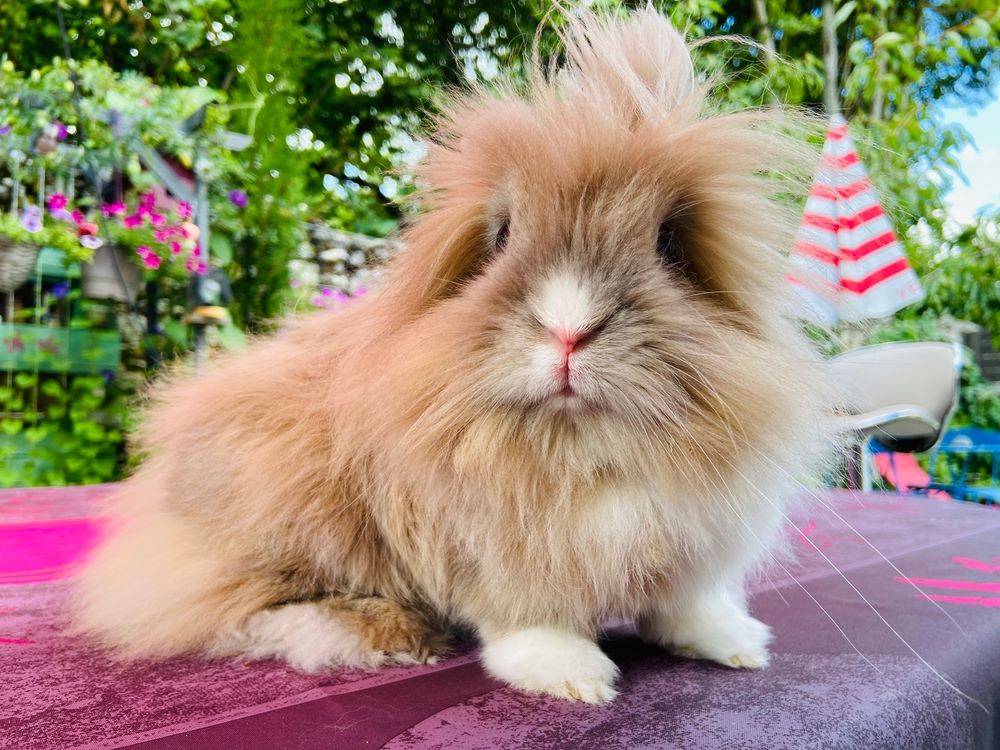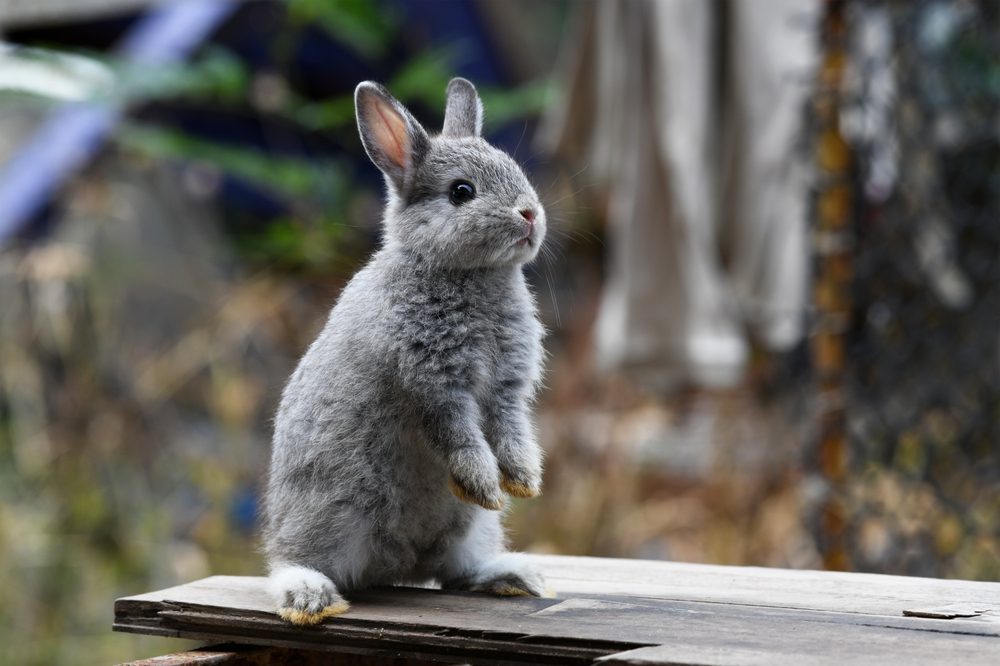Night Vision Bunnies? Discover Can Rabbits See in the Dark!
Can rabbits see when it’s dark outside?
Imagine you’re a rabbit, hopping around in the evening. The sun has set, and everything seems shadowy and mysterious. You might think it’s tough for rabbits to see in such low light, but there’s more to their eyes than meets the eye!
In this article, we will explore the fascinating world of rabbit vision. We’ll find out how these fluffy creatures manage when the lights go out and if they really can see in the dark. It’s like uncovering a secret superpower that rabbits might have!
So, hop along with us as we dive deep into understanding how rabbits view the world when it’s night-time.
Can Rabbits See in the Dark?
Have you ever been in your room at night with just a tiny light on and noticed how things look different? Well, rabbits experience something similar. In dim light, they can see, but not like we do during the day. Their eyes have a special way of working when there’s little light. It’s like having a built-in night mode, which helps them move around when it’s dark.
How Rabbit Eyes Work in the Dark
Inside their eyes, rabbits have these tiny things called rods and cones. Rods are like little night vision helpers. They’re super good at catching light, even when there’s hardly any around. This helps rabbits to make out shapes and move around when it’s dark, but they don’t see the colors and details like we do during the day.
Rabbits vs. Night: Not Completely in the Dark
So, can rabbits see perfectly in the dark? Not exactly. It’s more like they have a special ability to see better than we do when there’s only a little light. Think of it as being able to see shapes and move around without bumping into things, but not being able to read a book in the dark. Rabbits need some light, just like we need a nightlight to see in our rooms at night.
The Role of Moonlight and Starlight
On nights when the moon and stars are out, rabbits have an easier time seeing. This natural light gives them just enough help to hop around safely. It’s like how we feel more comfortable walking outside when there’s a little light from the moon.
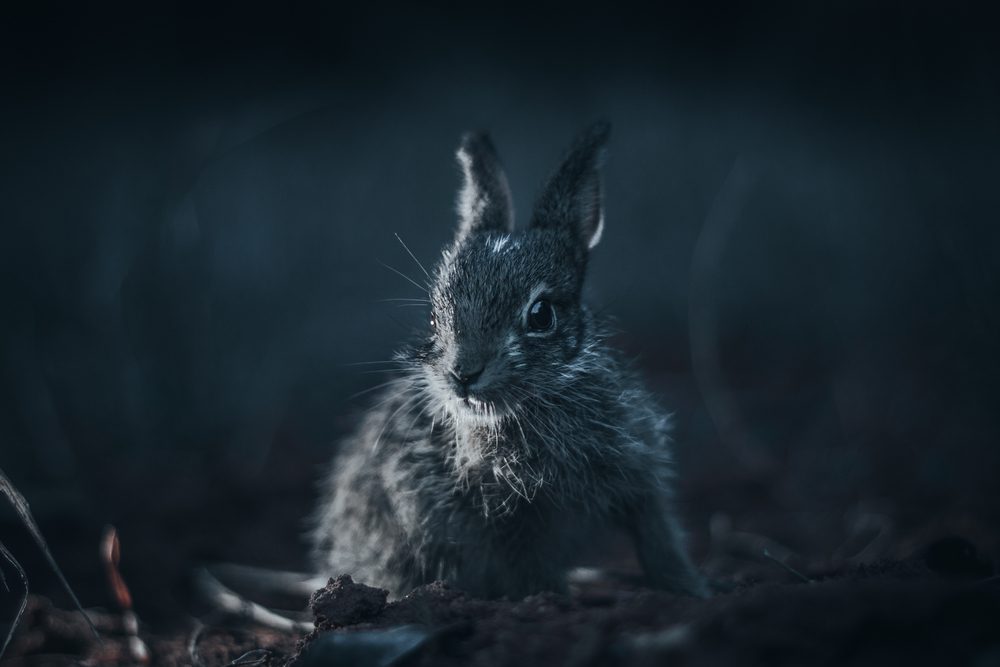
Understanding Rabbit Vision
Picture a rabbit’s eye as a super cool camera. It’s built in a way that lets them see a lot around them – almost like having a wide-angle lens! This means rabbits can spot things happening around them without moving their heads much. It’s a great trick for staying safe from sneaky predators.
The Magic of Cones and Rods
Inside their eyes, rabbits have these tiny parts called cones and rods. Cones help them see colors and bright light. But it’s the rods that are the real heroes in the dark. They’re like little night vision agents that work when there’s not much light. Because rabbits have more rods than cones, they’re better at seeing when it’s dim and not so good at seeing all the colors we can.
A Little Light Makes a Big Difference
Rabbits don’t need a lot of light to see, but they do need some. Even a small amount of light, like from the moon or a streetlamp, can help them see better. This is why they can move around during dawn or dusk when it’s not too bright or too dark. It’s like using a flashlight in a dark room – a little light goes a long way!
Rabbits’ Field of View: A Wide-Angle Perspective
One amazing thing about rabbit vision is their field of view. They can see things from many angles without having to turn their heads. This wide view helps them watch out for danger from different directions. Imagine being able to see a lot of your classroom without turning your head – that’s how rabbits see the world!
Rabbits’ Adaptations to Low Light Environments
Rabbits are interesting when it comes to their daily schedule. They are most active during dawn and dusk. This time is called ‘crepuscular’. It sounds like a fancy word, but it just means they like to hop around when the sun is rising and setting. During these times, the light is dim, and that’s when their special vision comes in handy.
How Rabbits Use Their Vision to Survive
In the wild, rabbits need to be careful of predators. Their amazing vision helps them stay safe. With their wide-angle view and ability to see in low light, they can spot danger from far away and quickly hop to safety. It’s like having a superpower that tells them when to bounce away from trouble!
The Secret Behind Their Big Eyes
Ever noticed how big and round rabbit eyes are? There’s a reason for that. Big eyes can take in more light. This means in dim environments, like early morning or late evening, they can see better than many other animals. It’s like wearing night-vision goggles!
Rabbits’ Whiskers: More Than Just Cute
Rabbits have another cool feature – their whiskers. These aren’t just for looks; they’re like little sensors. In darker conditions, when even their eyes need help, whiskers let rabbits feel their way around. They can sense objects and movements in the air, helping them navigate in the dark.
The Impact of Light on Rabbit Health
Just like us, rabbits need the right kind of light to stay healthy and happy. Light doesn’t just help them see; it also keeps their bodies working well. Natural light from the sun is the best, as it helps them know when to be active and when to rest. It’s a bit like how we feel awake during the day and sleepy at night.
Too Much Light? Not Good for Rabbits
However, too much light, especially bright artificial light, can stress rabbits out. Imagine having a bright lamp always shining in your face – not comfortable, right? Rabbits feel the same way. They prefer environments that have a good balance of light and dark.
The Right Light for Pet Rabbits
If you have a pet rabbit, giving them a mix of light and darkness is important. They should have a cozy place where they can escape the light when they want to. This helps them feel safe and keeps their sleep cycle regular. Think of it as giving them their little room with curtains they can close whenever they want.
Watching Out for Signs of Stress
Rabbits can get stressed if there’s too much light, and they’ll show it in different ways. They might hide more, not eat as much, or seem scared. If you see your rabbit acting like this, check if the lighting in their area is too bright or if they’re not getting enough darkness.
Comparing Domestic and Wild Rabbits
Rabbits, whether they are pets in our homes or hopping around in the wild, are interesting creatures. But did you know domestic (pet) rabbits and wild rabbits live very different lives? This affects how they use their vision.
Vision in Domestic Rabbits
Domestic rabbits, the ones we keep as pets, usually don’t have to worry about predators. Because of this, they might not use their vision in the same way wild rabbits do. They still see better in dim light than in bright light, but they don’t need to be as alert. Think of them as having a more relaxed lifestyle.
Vision in Wild Rabbits
Wild rabbits, on the other hand, are always on the lookout for danger. Their eyes are super important for spotting predators from far away. They rely heavily on their night vision to stay safe, especially since they’re most active during dawn and dusk.
How Domestication Affects Rabbit Vision
Domestication might have changed how pet rabbits see the world. Living indoors means they’re used to artificial light and may not be as sensitive to changes in natural light. However, they still retain much of their natural vision ability – it’s just not as fine-tuned as in wild rabbits.
Frequently Asked Questions about Rabbit Vision
Can Rabbits See Color?
One of the most common questions is whether rabbits can see color. Yes, they can, but not like humans. Rabbits mostly see greens and blues. So, while they can’t enjoy all the colours of a rainbow, they can still see some of the world’s beauty.
Do Rabbits Need Light at Night?
People often wonder if rabbits need a light on at night. The answer is no. Rabbits are used to dim conditions and can see in low light. So, it’s better to give them a natural light cycle with darkness at night. It helps them keep a healthy sleep pattern.
How Far Can Rabbits See?
Another popular question is about how far rabbits can see. While rabbits have a wide field of view, they’re best at seeing things close up and to the side. They might not see things far away as clearly as humans can.
Are Rabbits Sensitive to Light?
Yes, rabbits are sensitive to light. Bright lights can be uncomfortable for them, just like how we find it hard to look at the sun. It’s important to make sure pet rabbits aren’t exposed to too much bright light.
How Do Rabbits React to Darkness?
This is an interesting question. In complete darkness, rabbits can’t see and might feel scared or disoriented. They like having some light, just enough to make out their surroundings. Think of it like how we feel safer with a nightlight in a dark room.
Final Thoughts
Now that you’re armed with this knowledge, why not take a step further? If you have a pet rabbit, use what you’ve learned to enhance their living space, ensuring they have a healthy balance of light and dark. For those interested in wildlife, consider how this information can deepen your appreciation for these creatures in their natural habitat. Understanding an animal’s needs and behaviors is key to ensuring their well-being, whether they’re a beloved pet or a wild inhabitant of our planet.
So, take this newfound knowledge, share it with fellow rabbit enthusiasts, or use it to make a positive difference in the life of a furry friend. Rabbits are not just cute; they are complex and fascinating animals that deserve our understanding and care. Let’s hop to it and make the world a better place for these amazing creatures!

